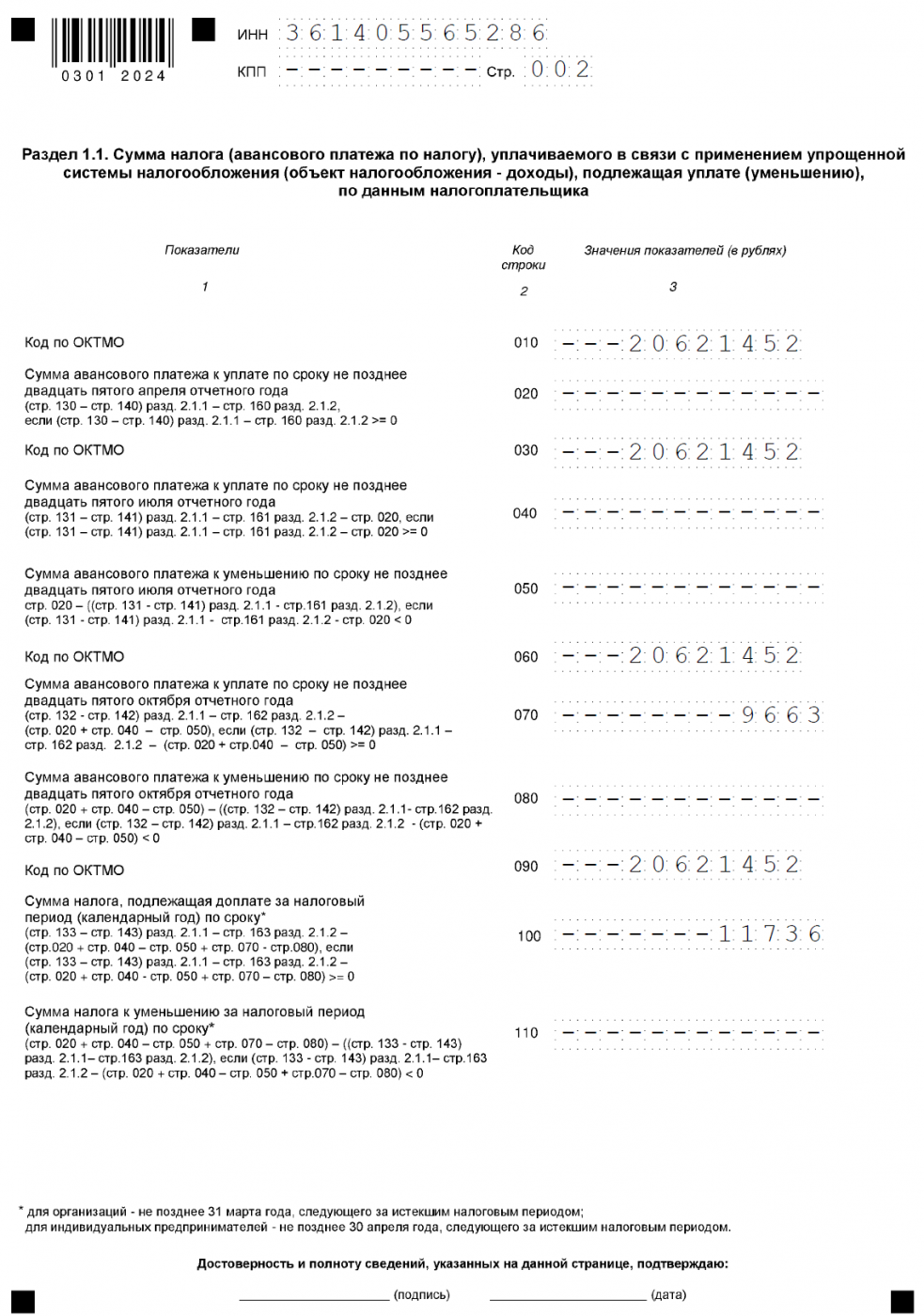Blank Eksportnoj Deklaracii Es
Despite the existing problems, the formation of integrative trade and economic, currency, customs and political associations still remains one of the main tendencies of the world development. Economic integration of five CIS countries - Belarus, Kazakhstan, Russia, Armenia and Kyrgyzstan - continues in a format of the Eurasian Economic Union (EEU). This article describes the stages of the development of integration processes, since the creation of the Union State of Russia and Belarus and formation of EEU. Special attention is paid to the need of coordination of actions of association’s participants in the key directions defining competitiveness of economies. The article is devoted to the analysis of the provisions of the two International Covenants on Human Rights, which establish the obligations of their States parties in the form of taking measures to ensure the status of these international acts in the national legal system and their applicability in the national courts.
Beyond compare 33 keygen and torrent. The format is less challenging to make do with on-screen controls. Image Compare has another look, with programmed zoom, pixel-level subtle elements, and untied controls.
The article also analyses the clarifications on this issue given by the relevant two committees (Human Rights Committee and Committee on Economic, Social and Cultural Rights) in their general comments. The paper considers the existing approach to the above raised issue realized in Great Britain and the USA belonging to the Anglo-Saxon legal system. Protection of indigenous rights is one of the main trends of the international system of human protection. In order to address particular attention to the rights of indigenous peoples at international level The Declaration on the rights of indigenous peoples in 2007 was adopted. From that moment, the protection of the rights of indigenous peoples became an international matter, in Africa as well. That has fostered new mechanisms and instruments in that field. The decision of the African Court on human and peoples’ rights in the case “African Commission on human and peoples’ rights v.
The journal is included in Russian science citation index? Siemens adsl sl2 141 i firmware update. The journal is included in Russian higher attestation Commission? Powered by Create your own unique website with customizable templates.
Republic of Kenya” confirms this thesis. The Ottawa Declaration lists the following countries as Member of the Arctic Council: Canada, the Kingdom of Denmark, Finland, Iceland, Norway, the Russian Federation, Sweden and the United States. Of the eight Arctic states only Canada, Denmark (Greenland), Norway, the Russian Federation and the United States have coastal frontage in the Arctic Ocean. French international legal doctrine analyses the legal positions of these states regarding the Arctic region.

This article is about the French doctrine concerning the legal position of the Russian Federation on the Arctic region. The problem of protecting children from violence is becoming increasingly urgent due to the rapid development of information and communication technologies. As a vulnerable group, children are increasingly exposed to violence through the global Internet, which makes it necessary to take measures on the part of states that respond to the degree of threat and cover all possible areas of the fight against this phenomenon. The international legal instruments include: the conclusion of multilateral universal and regional international treaties, the establishment of control mechanisms, mechanisms for the exchange of technologies, experience and 'best practices' in combating violence against children. Cross-border marriages are no longer a rare phenomenon in the 21st century and, therefore, they give rise to the need to form legal mechanisms for the protection of children born in such families.
In 2011, the Russian Federation acceded to the Convention on the Civil Aspects of International Child Abduction, adopted on October 25, 1980 by the Hague Conference on Private International Law, which aims to protect the rights of children in the context of their parents’ conflict and, in general, to protect the rights of children. The main issues that are in the focus of this international treaty cover aspects of the wrongful removal of children from one state to another, or the retention of children in a state that is not their permanent (habitual – in the 1980 Convention terminology) residence, as well as the resolution of custody issues in regard to the children. The Russian Federation, having assumed obligations under the Hague Convention, amended the existing legislation, and also developed a mechanism for the practical implementation of the provisions of this Convention. The totality of international technical and legal standards, maritime customs and good maritime practices enshrined in the conventions complement each other, ensuring, when observed, a high degree of safety of navigation.